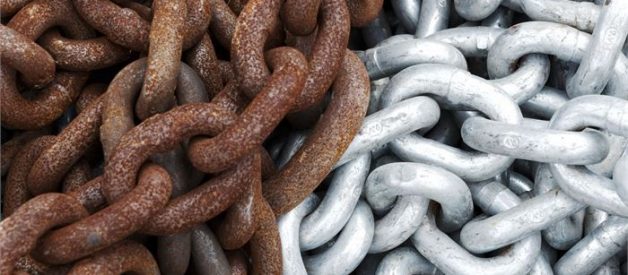Steel, as an alloy, has a variety of applications, from cooking utensils and jewelry to automobile parts and even medical equipment. Since it is said to be stainless, it shouldn?t rust, at least theoretically.
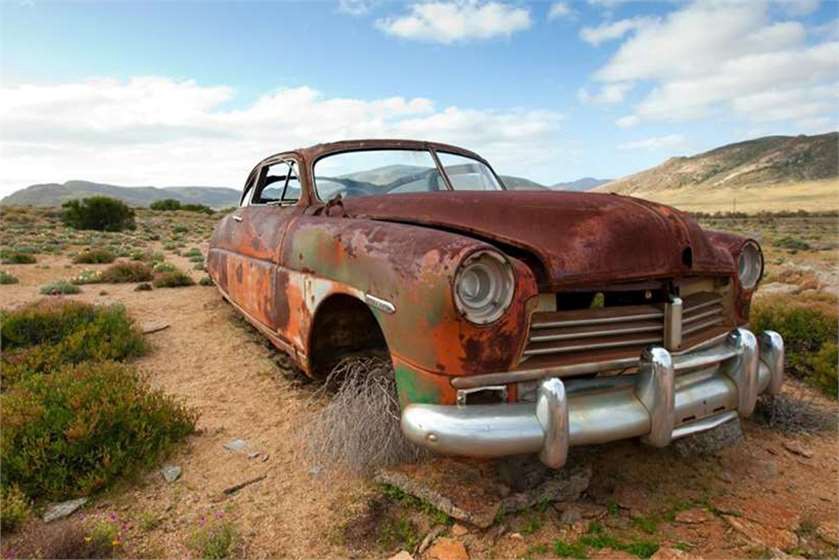
However, if you have ever owned a steel product which is consistently exposed to water or moisture, you must have noticed a reddish or brown layer of rust developing on its surface, especially after an extended period of use. This would have made you wonder if it was built of steel or does steel rust. Clear your confusion here.
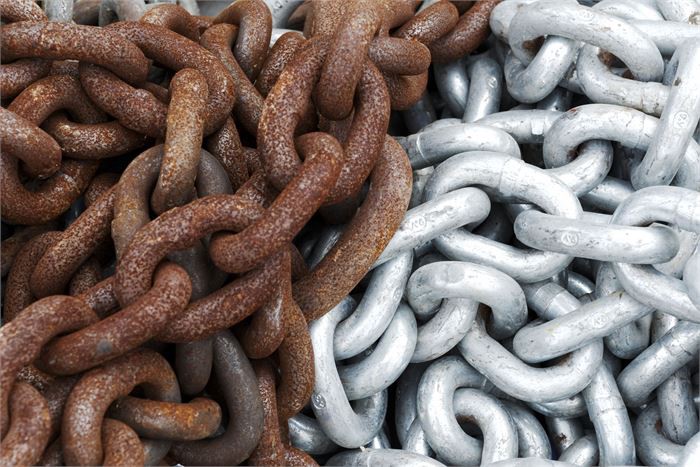
First, you need to understand what steel exactly is. Steel is an alloy composed of a variety of elements such as iron, chromium, carbon, manganese, and in many cases, nickel and molybdenum. While regular steel is 90 percent iron and carbon, a significant chunk of stainless steel is chromium which plays the vital role in making a product of the alloy rust resistant. The amount of the metal could range anywhere from 12 to 30 percent in the stainless steel.
When regular steel is exposed to oxygen through air or water, it forms a layer of ferric oxide (Fe2O3) which is usually red. This irregular film of rust keeps breaking off, leaving the fresh steel below exposed to oxygen. Whereas, when stainless steel is exposed to water or air, chromium, known for its strong affinity towards oxygen, reacts with it and forms chromium oxide. Chromium oxide, unlike ferric oxide, does not spall off and prevents the alloy from further corrosion. Even when you scratch off the preventive layer, the chromium below forms oxide and avoid the product from rusting further.
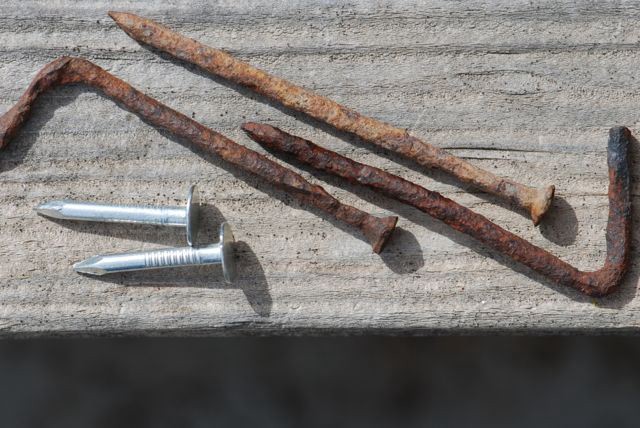
In case you are wondering if steel rusts outside or steel rust underwater, then the shipwrecks that are enveloped in a layer of rust will give you the answer. There are several ways you can keep your steel products from developing a layer of rust. For instance, you can cover them with an electrochemical solution such as galvanized zinc.
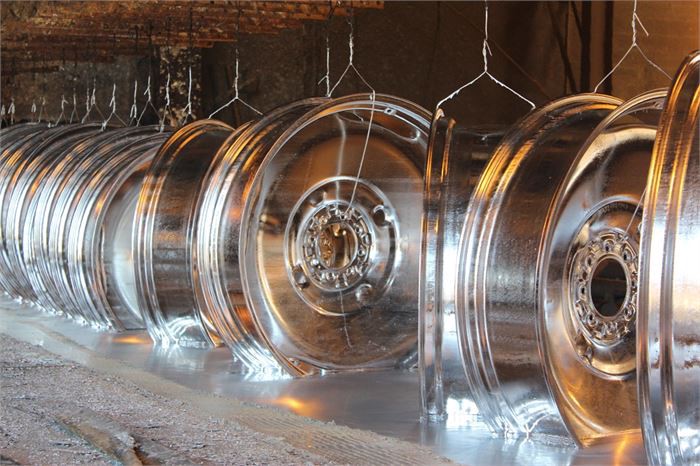
Another simple way to keep them from corrosion is painting them, which will protect them against any exposure to water and air.
